Keynote Speaker
Joseph F. DeCarolis
Administrator, U.S. Energy Information Administration
Dr. Joseph DeCarolis currently serves as Administrator of the U.S. Energy Information Administration (EIA). Prior to his current appointment, Dr. DeCarolis served as a professor in the Department of Civil, Construction, and Environmental Engineering at North Carolina State University. His career and publications have centered on addressing energy and environmental challenges at the intersection of engineering, economics, and public policy, and his core research involves the development and application of energy system models to examine energy futures under uncertainty.
Panelists and Moderators
Kyle Bradbury
Assistant Research Professor, Department of Electrical & Computer Engineering, Duke University and Director, Energy Data Analytics Lab, Nicholas Institute for Energy, Environment & Sustainability
Dr. Kyle Bradbury leads the Energy Data Analytics Lab at Duke University, which develops and applies machine learning techniques to better understand and manage energy and climate resources. He researches scalable computer vision techniques for assessing energy resources and infrastructure, electricity access, and climate impacts using remote sensing data. He has a Ph.D. from Duke University focused on energy systems modeling.
David Brown
Professor, Duke University Fuqua School of Business and Faculty Director, Center for Energy, Development, and Global Environment (EDGE)
Dr. David Brown is a professor in Decision Sciences at the Fuqua School of Business at Duke University. His research focuses on designing and analyzing algorithms for decision problems involving uncertainty and complex tradeoffs. He is currently working with researchers at Duke and other institutions on improving the efficiency and reliability of electricity grid operations in the face of uncertainty in renewable energy sources. He has a Ph.D. in Electrical Engineering and Computer Science from the Massachusetts Institute of Technology (MIT).
Morgan Edwards
Assistant Professor, University of Wisconsin-Madison La Folette School of Public Affairs
Dr. Morgan Edwards is an assistant professor at the University of Wisconsin-Madison. Her research and teaching focus on human-centered energy responses to the climate crisis across policymaking scales. She draws on mixed quantitative and qualitative methods, combining large datasets and community knowledge with systems modeling, to assess and track the multi-dimensional impacts of human energy use. Dr. Edwards received her Ph.D. in engineering systems from the Massachusetts Institute of Technology (MIT).
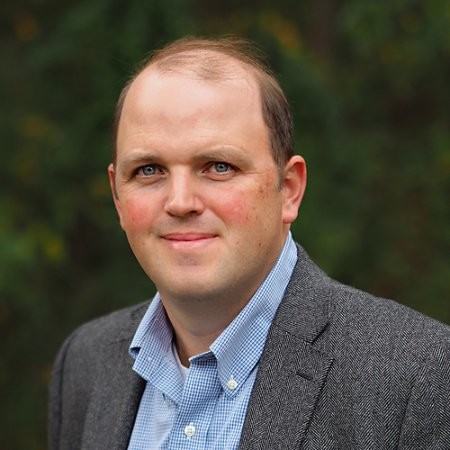 Jeremy Freeman
Jeremy Freeman
Head of Research and Engineering - GEMS, WattTime and Electric Power Sector Lead Climate TRACE
Jeremy Freeman is head of research and engineering - GEMS at WattTime. WattTime is an environmental tech nonprofit that empowers all people, companies, policymakers, and countries to slash emissions and choose cleaner energy. Through WattTime, he contributes to Climate TRACE, a global non-profit coalition created to create the world’s first comprehensive accounting of GHG emissions based primarily on direct, independent observation. Jeremy has a bachelor's degree in mechanical engineering from the University of Delaware.
Johannes Friedrich
Director of Climate Data, World Resources Institute
Johannes Friedrich is the director of climate data at the World Resources Institute (WRI). He leads WRI’s data strategy on climate, energy and systems change. He creates visions for innovative data products that support governments and the private sector to shift global systems in equitable ways. He works with decisionmakers from national to international levels, including the UN, national governments, corporates, and investors. He has an interdisciplinary master's in science for sustainable development.

Jon Goldstein
Senior Director, Regulatory & Legislative Affairs, Environmental Defense Fund
Jon Goldstein leads EDF’s efforts to improve regulation of the oil and gas industry and protect air and water resources at the state and federal level. Prior to EDF, Jon was Secretary of the New Mexico Energy, Minerals and Natural Resources Department and Deputy Secretary of the state’s Environment Department. He served on the NM Renewable Energy Transmission Authority, Finance Authority and Water Trust Board, was elected chair of the NM Water Quality Control Commission and Mining Commission, was a state liaison with the U.S. Nuclear Regulatory Commission. He has a master’s in public policy and a certificate in science, technology and environmental policy from Princeton University.

Angel Hsu
Assistant Professor, University of North Carolina at Chapel Hill, Environment, Ecology, and Energy Program
Dr. Angel Hsu is an assistant professor of public policy at UNC Chapel Hill. She is the founder and director of the Data-Driven EnviroLab. Her research explores the intersection of science and policy and the use of data-driven approaches to understand environmental sustainability, particularly for climate change and energy, urbanization and air quality. Her research applies data from satellite remote sensing and other spatially-explicit sources to evaluate environmental policy performance. She has a Ph.D. in environmental policy from Yale University.

Claudia Hulbert
CEO, Geolabe
Dr. Claudia Hulbert is CEO of Geolabe, a startup dedicated to the automated analysis of Earth data. Her research focuses on applications of machine learning to a variety of Earth processes, including greenhouse gas emissions, seismicity, and geodesy. She has a Ph.D. in geophysics from ENS (PSL University) and a bachelor's in mathematics from the Sorbonne.

Kate Iovanna
Director, Energy Practice Group, Millennium Challenge Corporation
Kate Iovanna, a Director in the MCC Energy Practice Group, is a power sector specialist with over 20 years of experience spanning network planning and design, access/rural electrification, utility management, sector regulation, and policy. Kate has led the development and implementation of infrastructure and policy reform and sector institutional development projects in a number of countries, in Africa as well as Central America. Projects have included transmission and distribution investments, plus renewable energy and access projects, energy efficiency, sector governance and capacity building. She has a master’s in international relations from John Hopkins University SAIS and a bachelor’s in environmental science from Duke University. She also received certifications as a LEED Green Associate and as a Project Management Professional (PMP).
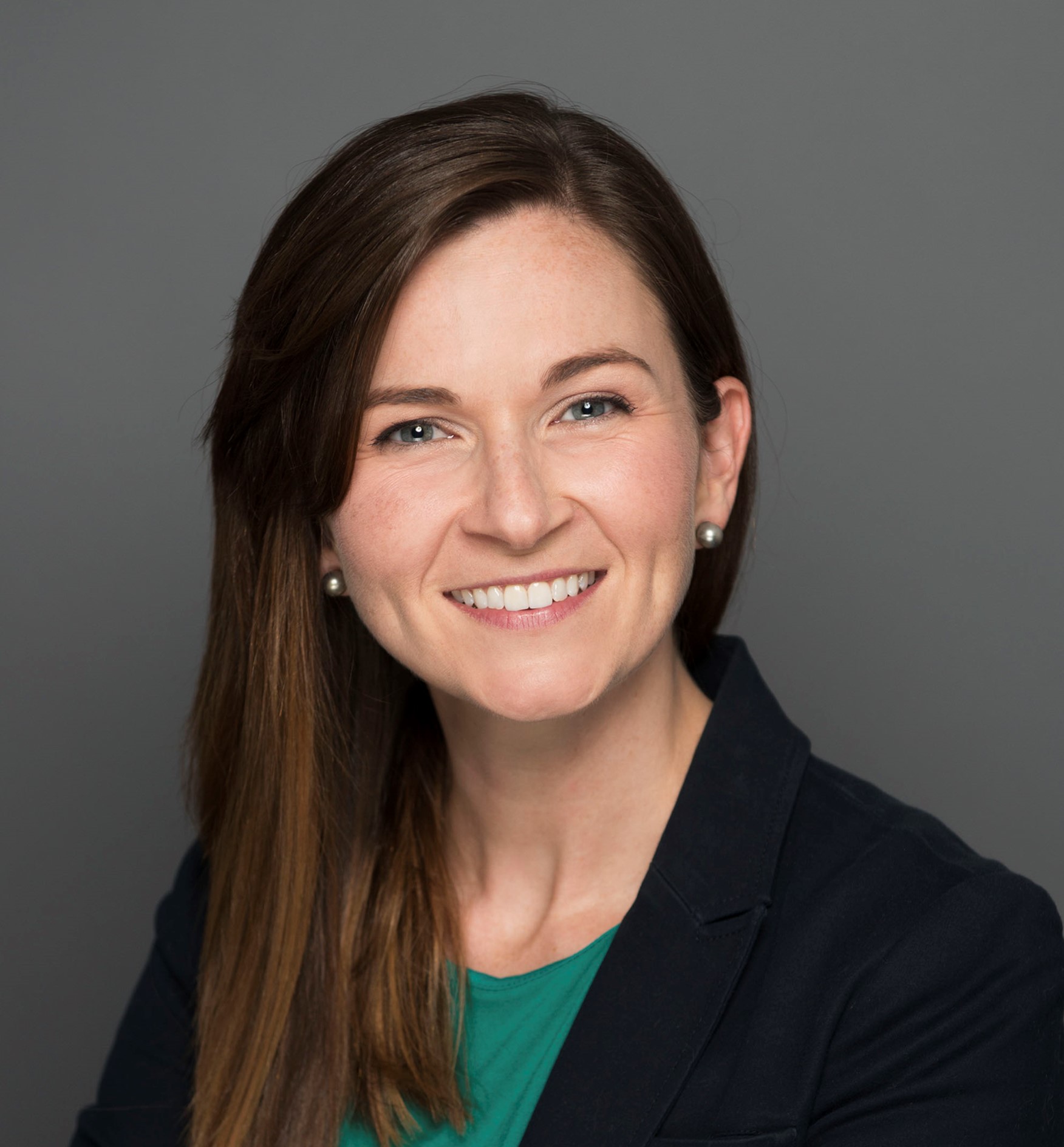 Kay Jowers
Kay Jowers
Director, Just Environments, Nicholas Institute for Energy, Environment & Sustainability and Kenan Institute for Ethics, Duke University
Kay Jowers leads the Just Environments Program, a partnership between Duke University's Nicholas Institute for Environmental Policy Solutions and the Kenan Institute for Ethics. Her work centers on fostering partnerships among scholars, students, and community co-researchers to uncover the underlying causes of environmental and climate injustices while challenging ingrained assumptions that perpetuate these disparities. These collaborations prioritize research and policy solutions that address both conventional environmental issues and the creation of sustainable communities with equitable access to housing, food, green spaces, utilities, and more. As part of Just Environments, Kay directs the Environmental Justice Lab, where students, faculty, and community partners employ computational social science methods to analyze environmental inequality and evaluate the effectiveness of proposed policy solutions. She holds a PhD in sociology from the University of North Carolina at Chapel Hill, a JD from Tulane University Law School, and an MSPH in environmental health sciences from Tulane University School of Public Health and Tropical Medicine.

Shawn Lackey
Director, Generation Solutions, Duke Energy
Shawn Lackey leads Duke Energy’s technology and data products, portfolio and services for Duke Energy’s Generation organization including Renewables, Nuclear, Energy Trading and Environmental, Health and Safety. He has served in leadership roles within Duke’s Information Technology organization that include Enterprise Data Management, Data and Analytics, Enterprise Architecture, Finance, and Technology and Data Strategy. At previous organizations, he worked on smart grid initiatives, telecommunications, and served as a software consultant supporting applications in the energy, biomedical, and manufacturing sectors. He has a bachelor’s degree in computer science from North Carolina State University.

Jerome P. Lynch
Vinik Dean of the Pratt School of Engineering, Duke University
Dr. Jerome P. Lynch is the Vinik Dean of Duke University’s Pratt School of Engineering, Professor of Civil and Environmental Engineering, and Professor of Electrical and Computer Engineering. Lynch is an expert in the field of advanced sensing and information technologies for monitoring and control of civil infrastructure systems and is an advocate for community engagement in research. His research program advances cyber-physical system architectures that combine sensing, computing and control to create intelligent civil infrastructure systems. He earned his PhD (2002) in civil and environment engineering from Stanford University.

Brian Min
Associate Professor, Department of Political Science, University of Michigan and Research Associate Professor, Center for Political Studies, Institute for Social Research
Brian Min is Associate Professor of Political Science and Research Associate Professor at the Institute for Social Research at the University of Michigan. He is the author of Power and the Vote: Elections and Electricity in the Developing World (Cambridge University Press, 2015). His research uses high resolution satellite imagery to study the politics of rural electrification across the developing world. He has collaborated closely with the World Bank to develop new methods using remote sensing and statistical algorithms to plan and monitor electrification projects in settings including Niger, Kenya, Senegal, Mali, India, Pakistan, and Vietnam. His current research focuses on the political targeting of power outages using high frequency satellite data. He holds degrees from Cornell, Harvard Kennedy School, with a Ph.D. in political science from UCLA.
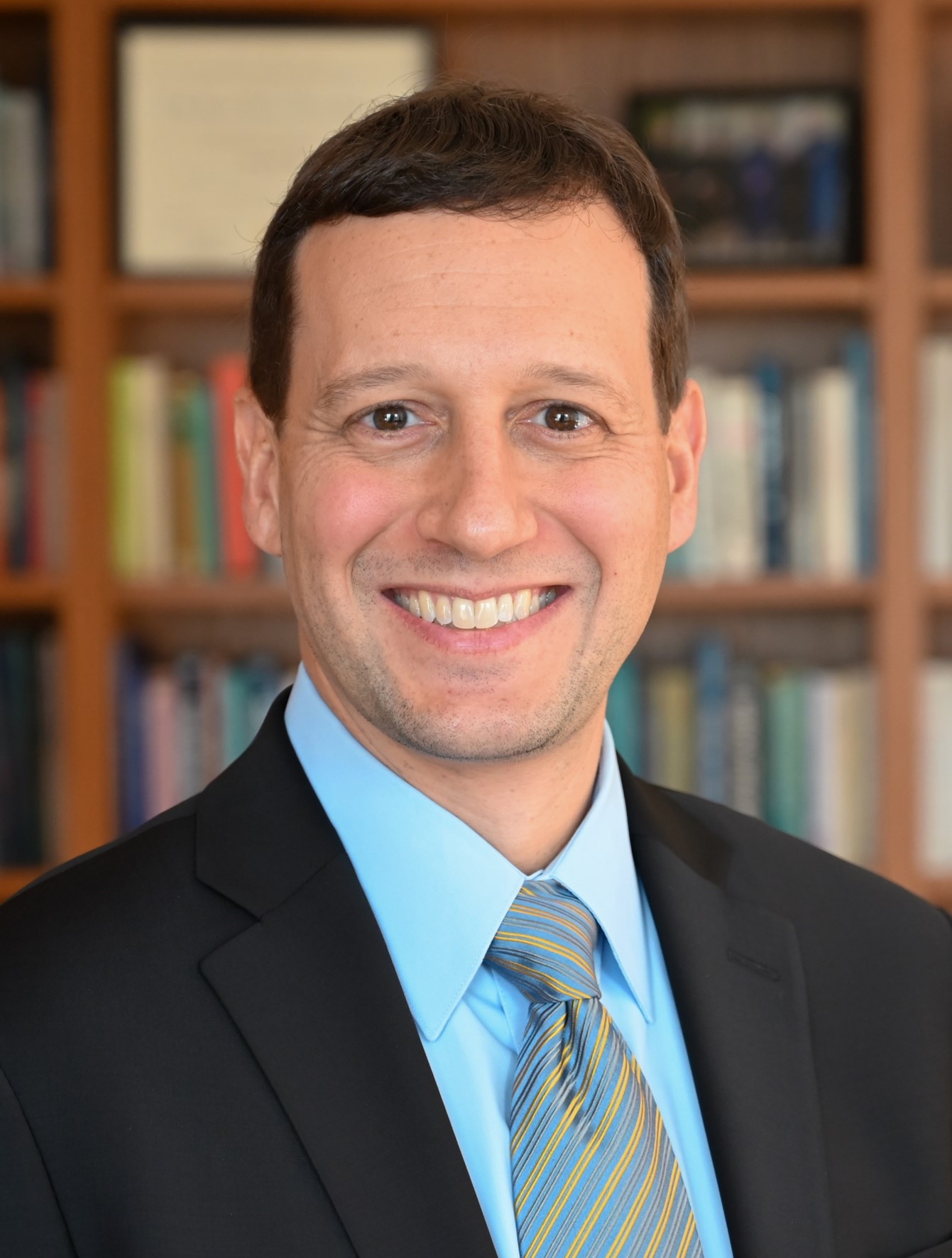
Evan Michelson
Program Director, Energy and Environment Program, Alfred P. Sloan Foundation
Dr. Evan S. Michelson is a Program Director at the Alfred P. Sloan Foundation. He directs the Foundation’s Energy and Environment program, which seeks to inform the societal transition toward low-carbon energy systems in the United States by investigating economic, environmental, technological, and distributional issues. Dr. Michelson is the author of Philanthropy and the Future of Science and Technology (2020), which provides a detailed assessment of the current state of science philanthropy and explores opportunities to further enhance the societal responsibility of these institutions going forward. He received his Ph.D. from the Robert F. Wagner Graduate School of Public Service at New York University.

Brian Murray
Interim Director, Duke University Nicholas Institute for Energy, Environment & Sustainability
Dr. Brian Murray is the interim director of the Nicholas Institute for Energy, Environment & Sustainability at Duke University. Murray is widely recognized for his work on the economics of energy policy, particularly as it relates to efforts to mitigate climate change risk. Throughout research career, Murray has produced many peer-reviewed publications on topics ranging from the design of market-based environmental policies and the effectiveness of renewable energy subsidies to the evaluation of programs to protect natural habitats such as forests, coastal and marine ecosystems. Murray is a research professor at the Nicholas School of the Environment and the Sanford School of Public Policy. He has a PhD in resource economics and policy from Duke University.
Dalia Patino-Echeverri
Associate Professor, Duke University Nicholas School of the Environment
Dr. Dalia Patino-Echeverri is the Gendell Family Associate Professor of Energy Systems and Public Policy at the Nicholas School of the Environment at Duke University. She explores, assesses, and proposes technological, policy, and market approaches to pursue environmental sustainability, affordability, reliability, and resiliency in the energy sector. Most of her work focuses on the decisions regulators and private actors must make regarding capital investment and operations in the electricity industry and quantifying the value of flexibility in multiple dimensions. Her work uses operations research tools to account for path dependencies, uncertainty, and risk tradeoffs, ubiquitous in the energy system. She is the PI of the ARPA-E-funded GRACE project, developing a novel Energy Management System (EMS) to improve short-term electric power systems operations by estimating and considering the risk of different grid assets. She has a Ph.D. in engineering and public policy from Carnegie Mellon University.

Anders Pedersen
Senior Energy Specialist, World Bank, Energy Sector Management Assistance Program (ESMAP)
Anders Pedersen is a member of ESMAP’s Energy Data and Analytics team, focusing on innovative data tools, the use of AI, and cybersecurity. He leads a portfolio that includes data platforms such as the EnergyData.info, the Global Solar Atlas and Global Wind Atlas, the use of AI to map and enhance climate resilience of transmission grids, and operational support to governments to design and deploy country data systems. Prior to the World Bank, he served as Director of Resource Watch at World Resources Institute (WRI) and was Senior Open Data Officer at Natural Resource Governance Institute. Across these roles, he has provided technical assistance to governments using data for decision making across the world. He has a master’s in political science from the University of Copenhagen and a data science certificate from Georgetown University.
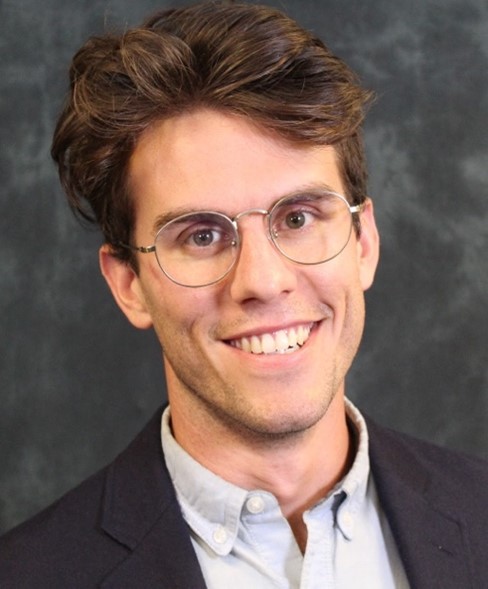 Ben Rachunok
Ben Rachunok
Assistant Professor, North Carolina State University, Edward P. Fitts Department of Industrial and Systems Engineering
Dr. Ben Rachunok is an assistant professor in the Industrial & Systems Engineering Department at North Carolina State University. His group focuses on developing statistical methods to quantify the impacts of climate change and natural hazards on communities. A large focus of his group’s work is on increasing the distributional equity of resilience interventions by disaggregating hazard impacts and measures of community resilience to the individual and household level. Current projects focus on how place-specific attributes of communities such as geography, mobility, socioeconomic status, and social capital contribute to climate and disaster resilience. He holds a Ph.D. in Industrial Engineering from Purdue University.
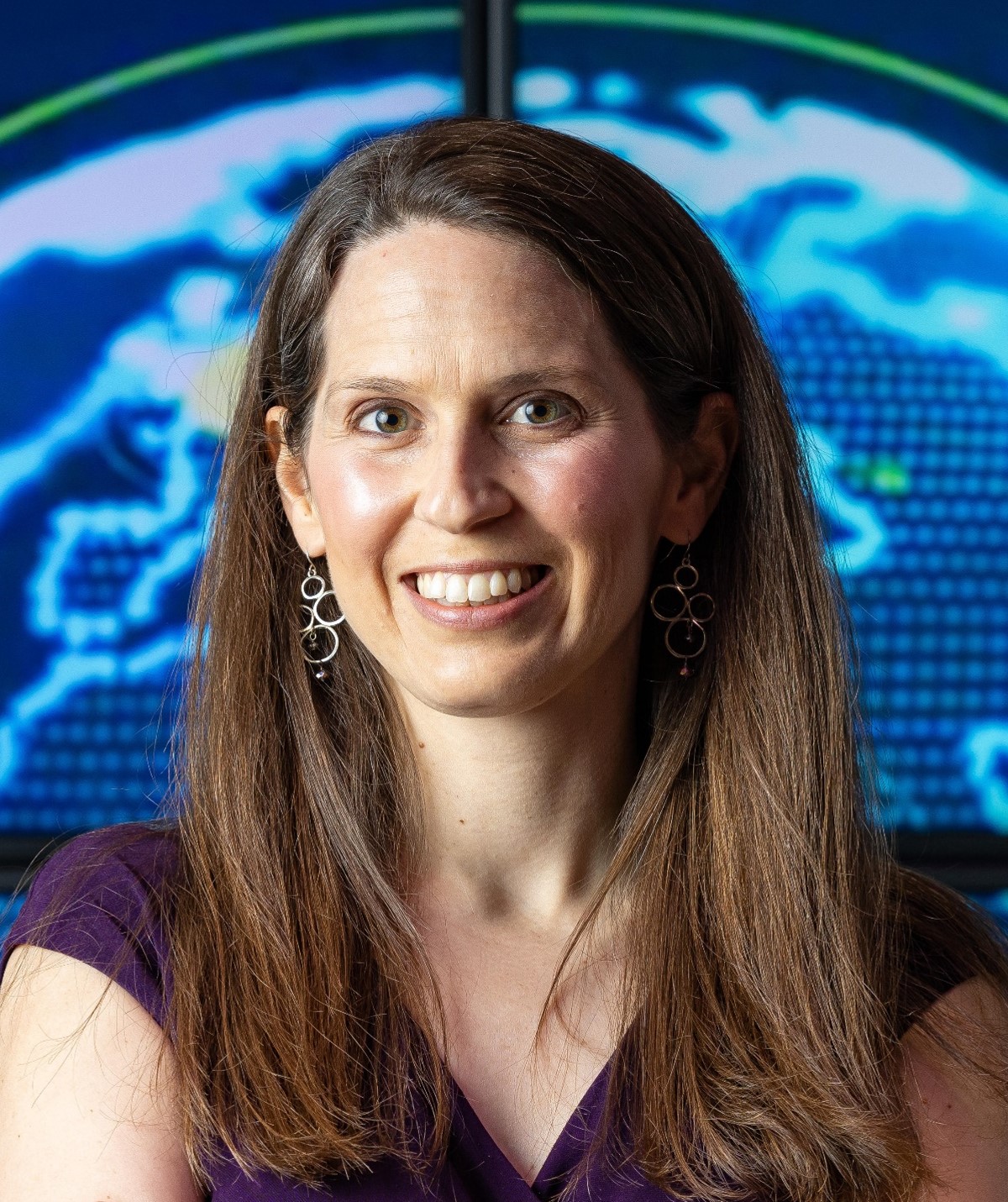
Elizabeth Reilly
Senior Staff Scientist, Johns Hopkins University Applied Physics Laboratory
Dr. Elizabeth Reilly is a senior math researcher in complex systems and AI for Science at the Johns Hopkins Applied Physics Laboratory (APL). She recognizes the potential impact that AI and data science have in various scientific disciplines and she leads applied research projects and teams at the intersection of AI and climate change, materials, neuroscience, and more. Dr. Reilly earned a doctorate in applied math and statistics, with a focus on graph theory, from Johns Hopkins University (JHU).
Jeremy Renshaw
Senior Technical Executive, AI/ML, Quantum, and Nuclear Innovation, Electric Power Research Institute (EPRI)
Dr. Jeremy Renshaw leads EPRI’s efforts for Artificial Intelligence, Quantum, and Nuclear Innovation, focused on accelerating innovation across these disciplines in the energy industry and building connections between the energy industry, academia, government researchers, and technology providers. Prior to this, he managed EPRI’s Used Fuel and High-Level Waste group and was a project manager in EPRI’s nondestructive evaluation (NDE) program. He has a Ph.D. in materials science and engineering from Iowa State University.
Paul Stackhouse
Senior Research Scientist, Science Directorate/Climate Science Branch, NASA Langley Research Center
Dr. Paul Stackhouse is the lead scientist of the National Aeronautics and Space Administration (NASA) Surface Radiation Budget Project and also leads and/or collaborates in other studies related radiative budgets and climate processes. Dr. Stackhouse leads a project to design, customize, and make accessible NASA Earth Science research results for the energy-related industries, particularly renewable energy applications through GIS-enabled web services and applications organized under the Prediction of Worldwide (renewable) Energy Resource project (POWER). He has a Ph.D. in atmospheric sciences from Colorado State University.

Liilnna Teji
Policy Associate, James E. Rogers Energy Access Project, Duke University Nicholas Institute for Energy, Environment & Sustainability
Liilnna is a policy associate at the Nicholas Institute with a legal background with a specialization in energy and brings her experience providing compliance and regulatory support to stakeholders within the industry. At Duke, she is engaged in various initiatives geared towards catalyzing climate investment towards low-carbon and energy transition, with the goal of addressing the climate finance gap for low- and middle-income countries. Her recent work involves evaluating the impacts of ag-energy technologies on the resilience of vulnerable communities, contributing to the knowledge base supporting climate adaptation finance. She holds an LLM in Energy Law from the University of Aberdeen and LLB from Addis Ababa University.
Lee Tiedrich
Distinguished Faculty Fellow in Law and Responsible Technology, Executive in Residence, and Responsible Tech Scholar, Duke University
Lee Tiedrich, J.D. is a distinguished faculty fellow in law and responsible technology with appointments in Duke’s Pratt School of Engineering, Duke Medical School (in Duke AI Health), and Science & Society. She is a member of the Global Partnership on Artificial Intelligence (GPAI) and Organisation for Economic Co-operation and Development (OECD) Networks of AI Experts and co-leads the GPAI Committee for Responsible AI Strategy for the Environment (RAISE) and the GPAI Intellectual Property Advisory Committee. Lee’s work bridges technology, law, and policy – and she has written and spoken extensively on data and artificial intelligence. Prior to joining Duke, she was a partner at Covington & Burling LLP. Her legal practice included extensive work on a broad range of data and technology matters, including policy, governance, intellectual property, regulatory, transactional and digital transformation matters. She is a graduate of the University of Pennsylvania Law School and Duke University's Pratt School of Engineering.
 Joseph Wilkins
Joseph Wilkins
Assistant Professor, Atmospheric Science, Howard University
Dr. Joseph L. Wilkins is an Assistant Professor at Howard University. His research focuses on remote sensing tools and air quality model development. Dr. Wilkins is one of the leading researchers in the fire modeling community, and has published manuscripts, spoken at technical conferences, and communicates his research across many governments and academic institutions globally. The overall goal of his research program is to increase BIPOC participation in atmospheric research by creating workforce ready competent programmers and scientists. He has a PhD in meteorology with a concentration on air quality and pollution from Saint Louis University.
Lightning Talk Presenters
View the complete playlist, or find individual presentations below.






 Jeremy Freeman
Jeremy Freeman












 Ben Rachunok
Ben Rachunok




 Joseph Wilkins
Joseph Wilkins






